Gout may be caused by fatty liver
By naturopath Margaret Jasinska
Did you know there is a strong relationship between fatty liver and gout? A high percentage of people with gout actually have a fatty liver. Many of them are not aware of this. Restoring liver health may be the most effective way to get gout under control.
Gout is an inflammatory arthritis caused by the build up of uric acid crystals in joints. The build up leads to intense pain, swelling, and redness in the affected area. Gout most commonly affects the joint at the base of the big toe but can involve other joints as well. Ankles are often affected.
A person is more likely to develop gout if they suffer with obesity, high blood pressure, high cholesterol and triglycerides, and if their diet is high in sugar or alcohol.
Link to fatty liver disease
Fatty liver disease occurs when excess fat accumulates in the liver. This can lead to inflammation, scarring, and eventually liver failure in some people. Non-alcoholic fatty liver disease (NAFLD) is usually caused by metabolic syndrome, obesity, and insulin resistance. Gut dysbiosis (overgrowth of unfriendly bacteria in the intestines) is often a contributing factor.
Recent research has found that individuals with gout are more likely to develop fatty liver, and those with fatty liver are more likely to have gout. A study published in the journal Arthritis Research & Therapy found that in 239 patients with gout, 60.3 percent had fatty liver. In contrast, only 29.5 percent of healthy patients without gout had a fatty liver.
Why do these 2 conditions often occur together?
Both conditions are associated with insulin resistance, obesity, and metabolic syndrome. Also, both are linked to the overproduction and underexcretion of uric acid. The accumulation of uric acid in joints can lead to gout attacks, plus uric acid can contribute to the development and progression of fatty liver by promoting oxidative stress, inflammation, and scarring in the liver.
Natural ways to manage gout and fatty liver
The same healthy diet and lifestyle strategies can help reduce the risk of both conditions because they address the underlying insulin resistance.
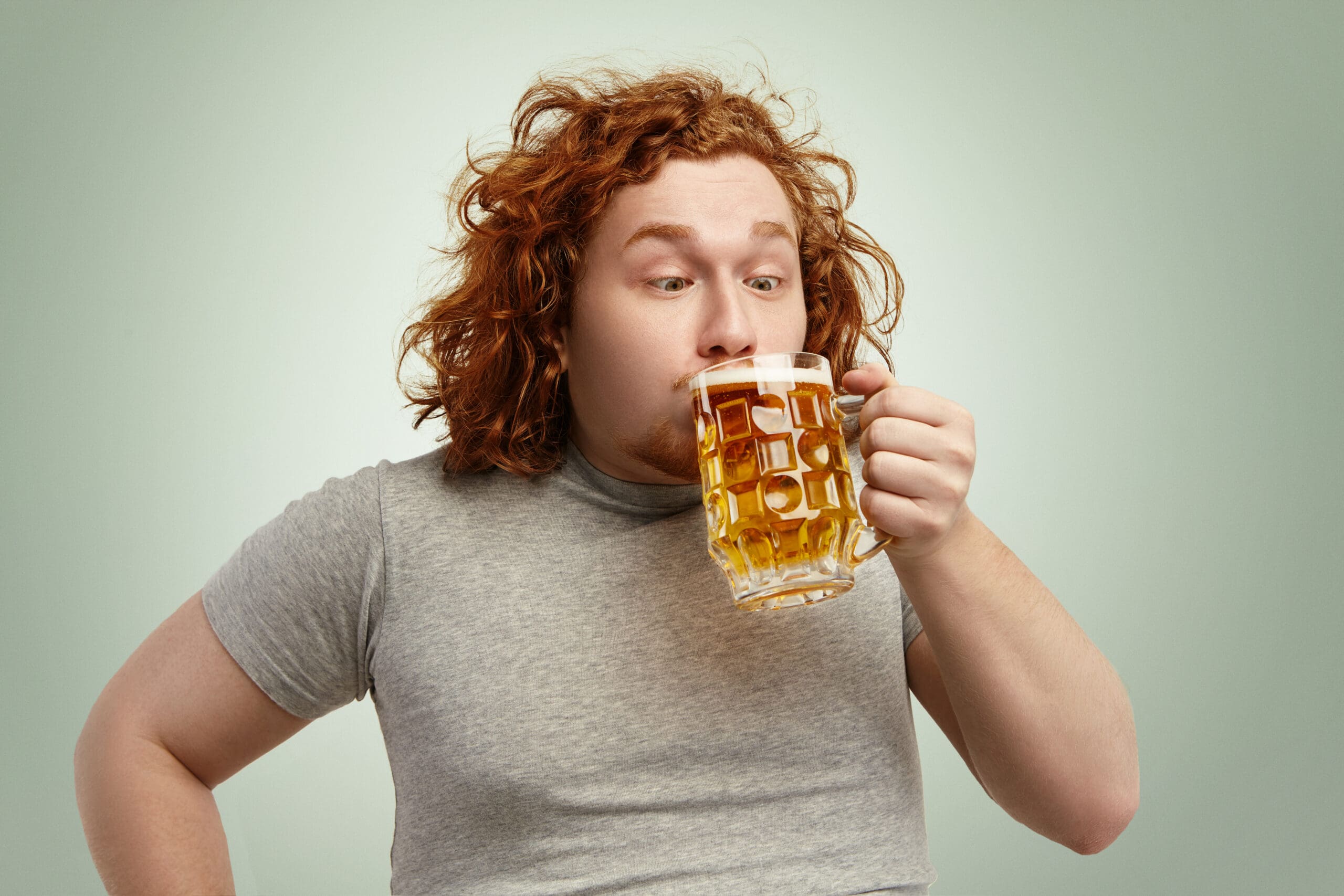

Cut down on alcohol
The more alcohol you drink, the greater your risk of gout. Beer is the worst type of alcohol, followed by spirits and wine.
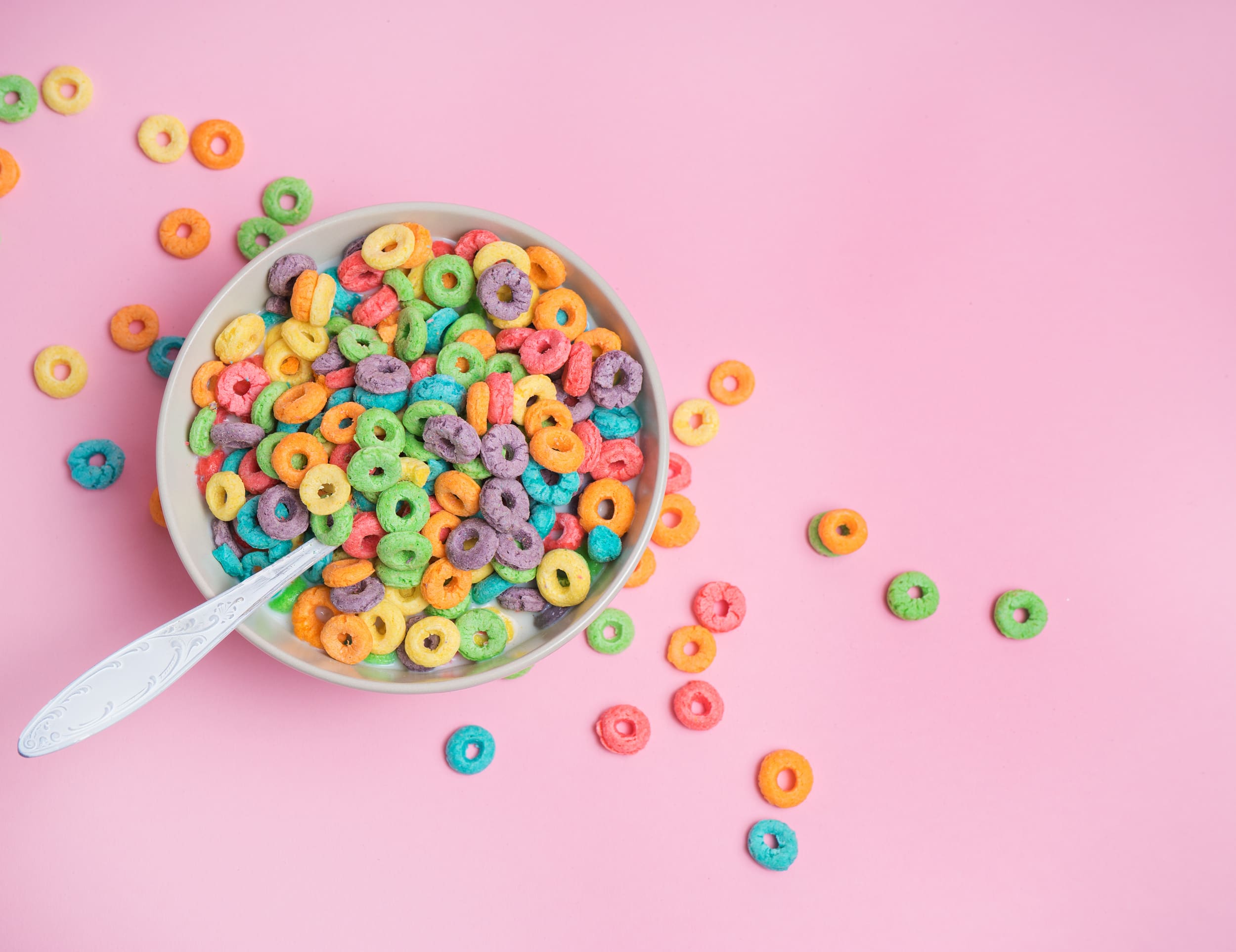

Sugar reduces your body’s ability to excrete uric acid.
Fructose is the specific sugar most strongly linked with gout. That’s because in order to use it for energy, your liver must first convert the fructose to glucose. This process creates uric acid. That means it’s important to avoid foods that contain sugar, high fructose corn syrup or fructose. Consuming too much carbohydrate in general will also make you more prone to gout. That means it’s best to reduce your intake of bread, pasta, breakfast cereals and any food that is made of flour. This is an effective way to lose weight too and there’s an eating plan plus recipes in Dr Cabot’s weight loss book. Syndrome X can be a challenging condition to overcome with diet alone. Most patients require the use of nutritional supplements to help stabilise blood sugar and insulin levels.


Caffeine reduces your body’s ability to excrete uric acid.
Therefore it’s important to cut down on coffee, tea, energy drinks and other sources of caffeine if you are prone to gout attacks.
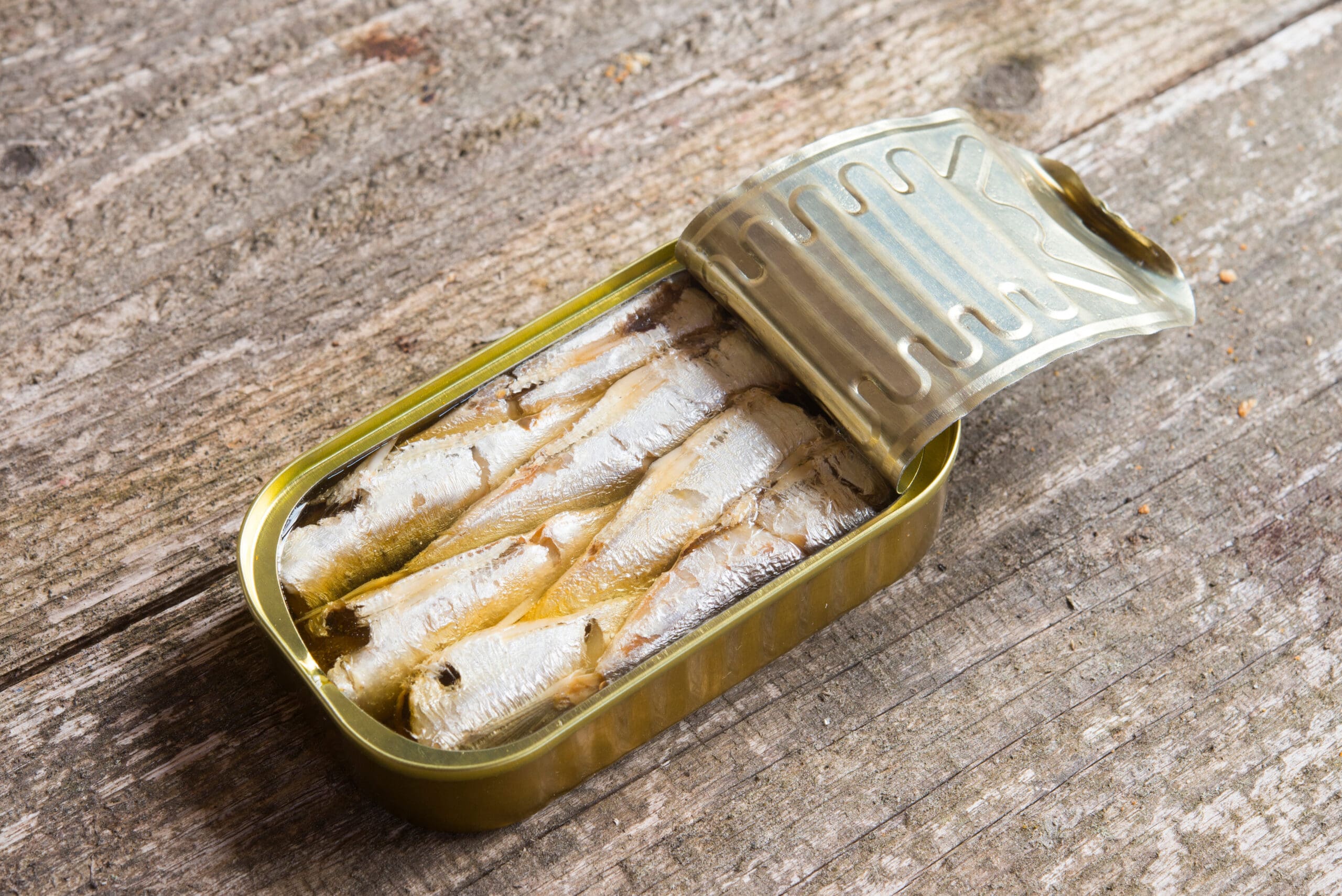

Foods high in purines can aggravate a gout attack.
Purines are natural compounds found in some protein rich foods; for example oily fish (herrings, anchovies, sardines), offal (especially liver) and lentils. Ordinarily these are healthy foods, but they should be avoided during a gout attack.
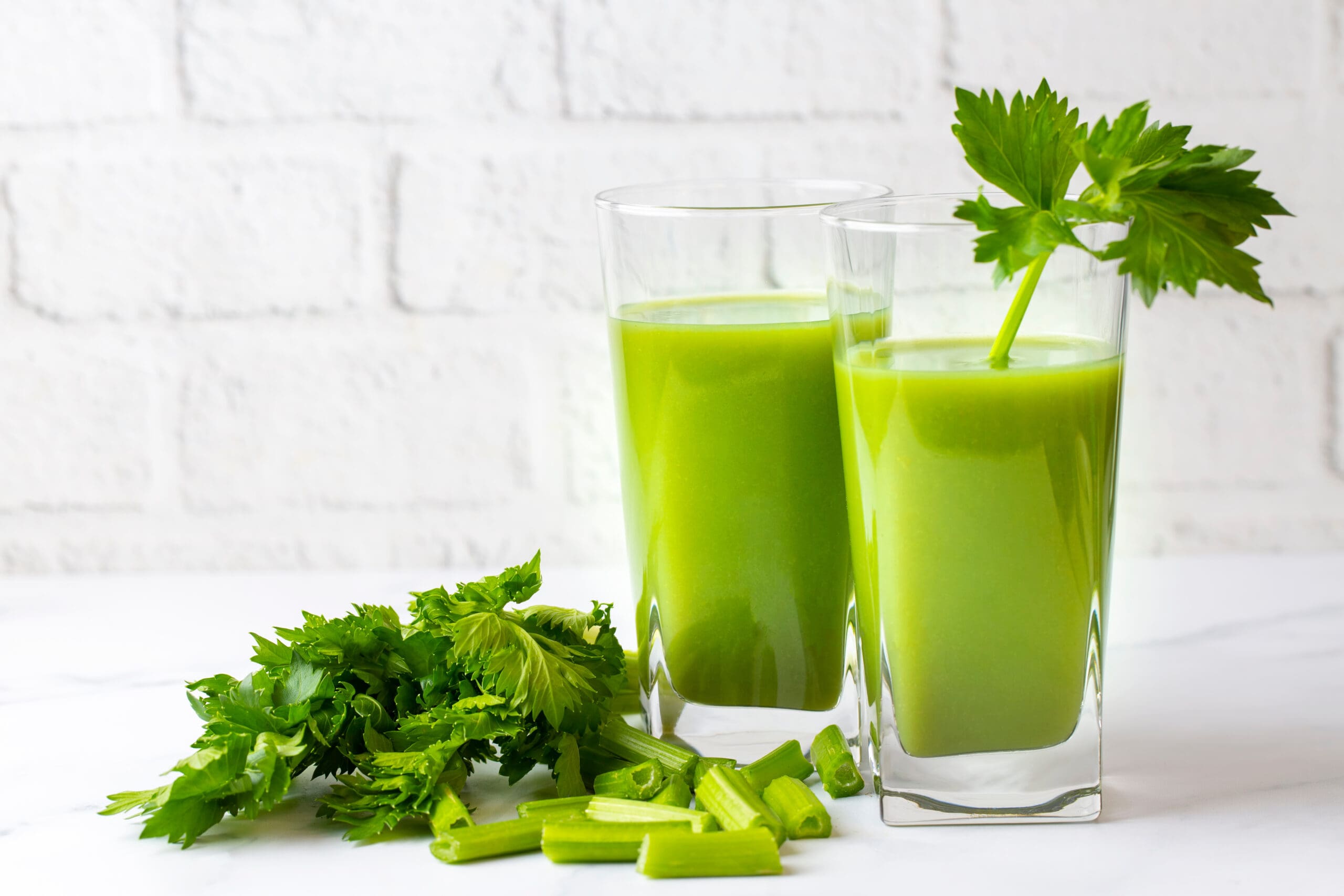

Celery helps to clear uric acid from your body and eating lots of it can shorten the duration of a gout attack.
Celery is a natural diuretic and supports healthy kidney function. You can include celery in raw vegetable juices, eat it raw in salads or cooked in soups. Dr Cabot’s book, Raw Juices Can Save Your Life, contains a vast array of healthy raw juice recipes. If you add a scoop of Superfood powder to your juice, you’ll be adding potent antioxidants that reduce inflammation in your body.
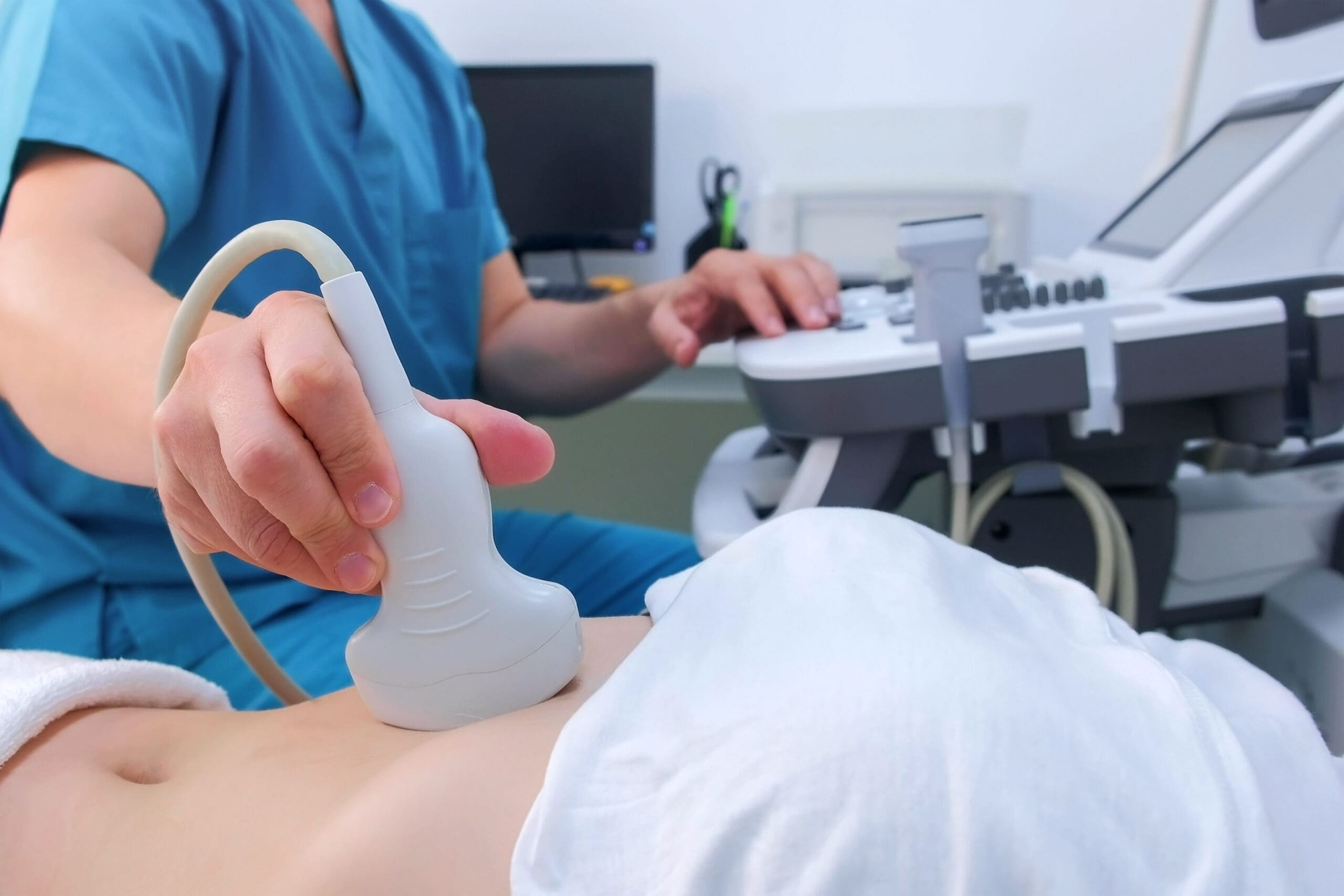

Have a blood test and ultrasound scan of your liver to check if you have a fatty liver.
Often there are no symptoms, but having a fatty liver increases the risk of a lot of different health problems. Some of them are far more serious than gout. See the book Fatty Liver: You Can Reverse It for practical tips on how to reverse fatty liver.
Livatone Plus and Livatone Shots have been formulated by Dr Sandra Cabot. They contain ingredients traditionally used in European herbal medicine to support healthy liver detoxification.
If you are prone to suffering with gout, please ask your doctor for regular blood sugar and kidney function tests, in order to prevent potential complications.


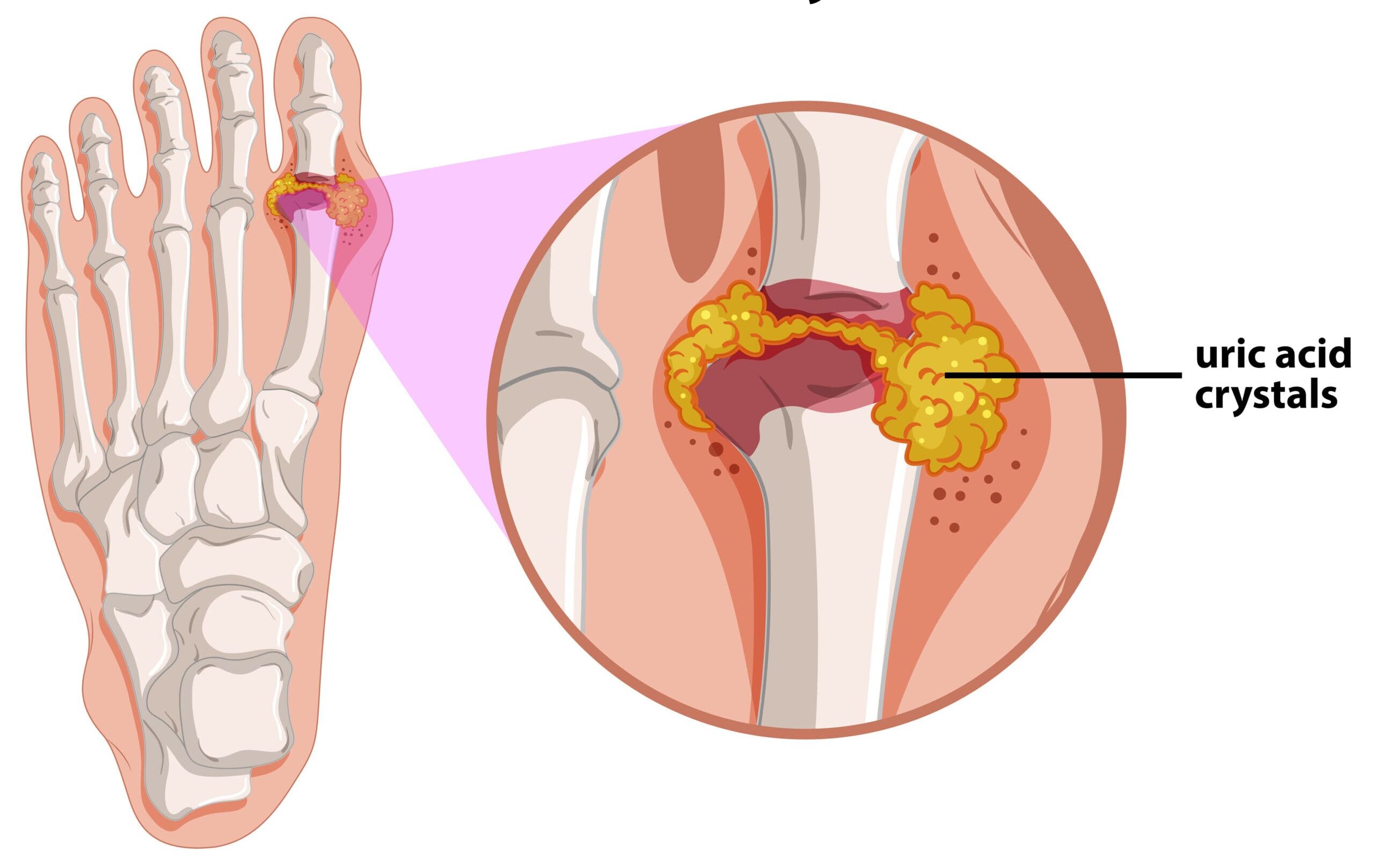






Leave A Comment